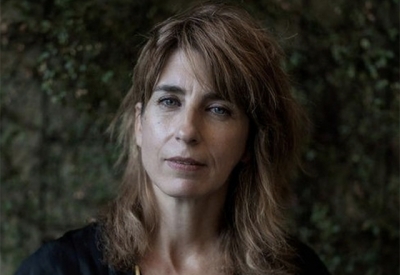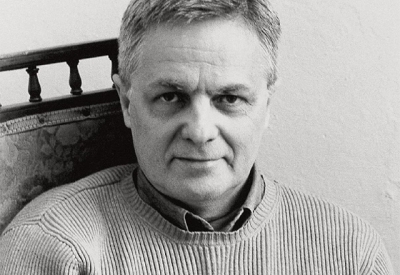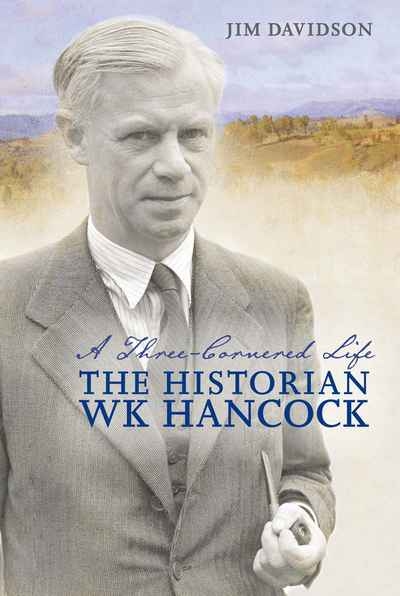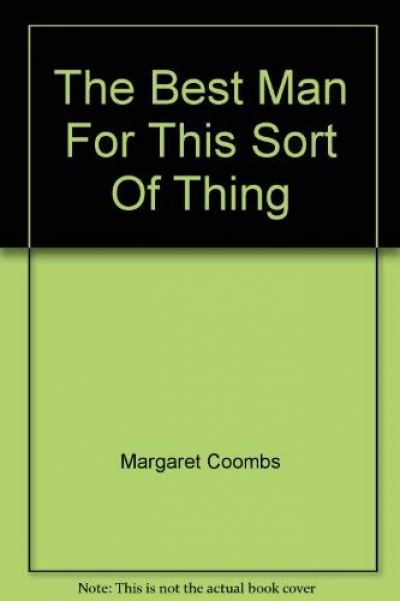Philosophy
The Buddhist and the Ethicist: Conversations on effective altruism, engaged Buddhism, and how to build a better world by Peter Singer and Shih Chao-Hwei
by Adam Bowles
This volume brings together two highly credentialled thinkers about moral and ethical matters: Peter Singer, the Ira W. DeCamp Professor of Bioethics at Princeton University, and Venerable Shih Chao-Hwei, a Taiwanese Buddhist nun, founder of the animal welfare organisation the Life Conservation Association and the Buddhist Hong-Shi College, as well as a lecturer at Hsuan Chuang University.






























